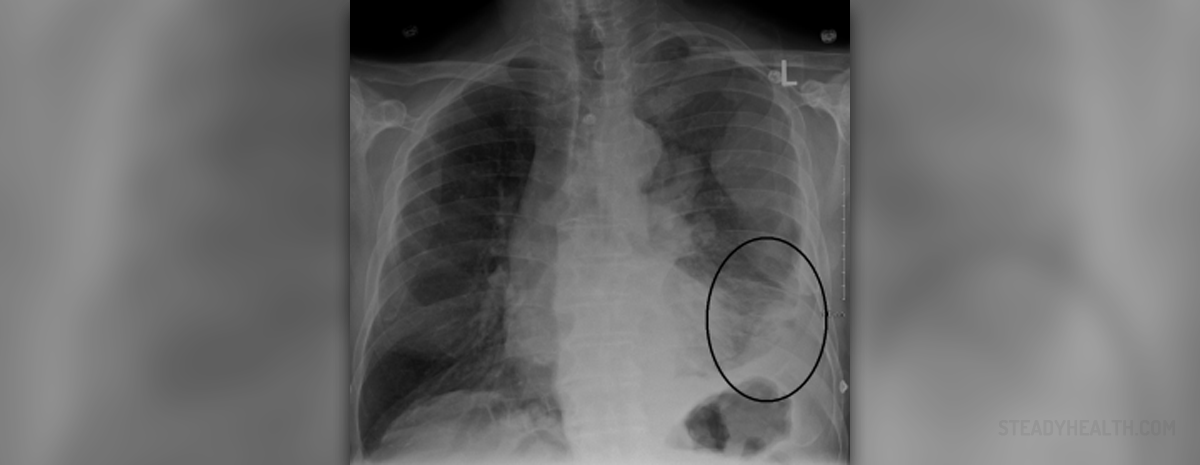
Mesothelioma - Overview
Mesothelioma is a malignant tumor which originates from the cells that form the pleura, pericardium or peritoneum. The tumor is associated with inhalation of asbestos particles, dust and fibers. In pleural mesothelioma the tumor originates form the membrane which surrounds the lungs. Pericardial mesothelioma affects pericardium (serous membrane of the heart) and peritoneal mesothelioma affects the serous membrane which forms the lining of the abdominal cavity. Each of these tumors has four stages. The symptoms of mesothelioma depend on the locations of the tumor. The tumor is treated surgically and the patients may also undergo radiation therapy. There are even new treatments which are currently being evaluated and they include photodynamic therapy, immunotherapy, gene therapy and multimodal therapy.
Only 15% of all mesothelioma tumors are diagnosed in early stages of the disease. This means that only in these patients the tumor has not spread to regional lymph nodes, near or distant organs. It is estimated that the 5 year survival rate for patients suffering from mesothelioma is approximately 50% in case the tumor has not spread to regional lymph nodes. Unfortunately, in majority of patients regional lymph nodes are already affected by the tumor the moment the diagnosis is set. The 5 year survival for patients with all stages of the disease is 14%. In many cases mesothelioma is diagnosed accidentally with the assistance of chest x-ray which is performed in other purposes.
Symptoms of Mesothelioma
Mesothelioma symptoms and signs generally depend on the locations of the tumor (the pleura, pericardium or peritoneum) and the size of the tumor/ tumors. General symptoms are loss of appetite and weight loss.
In case of pleural mesothelioma a patient may complain about persistent cough, chest pain which intensifies by deep breathing, hoarseness, blood/ rust-colored sputum, shortness of breath, recurrent respiratory infections. Pleural mesothelioma may additionally cause swallowing difficulties and pleural effusion (accumulation of fluid inside the pleura).
Peritoneal mesothelioma generally features with stomach pain, nausea and vomiting and progressive weight loss. The symptoms and signs are initially atypical or they are not present at all and they fully develop once the tumor has reached significant size or has spread to nearby lymph nodes or organs.
Majority of symptoms of pericardial mesothelioma are associated with build-up of fluid inside the pericardium as well as thickening of pericardial layers. A patient may suffer from heart palpitations or arrhythmia, chest pain, murmurs, cough, breathing difficulties, fatigue, fever and night sweats.
In case the tumor has spread to distant organs it may cause bone pain (bone metastases), neurological changes, jaundice and enlargement of lymph nodes.

















Your thoughts on this
Loading...